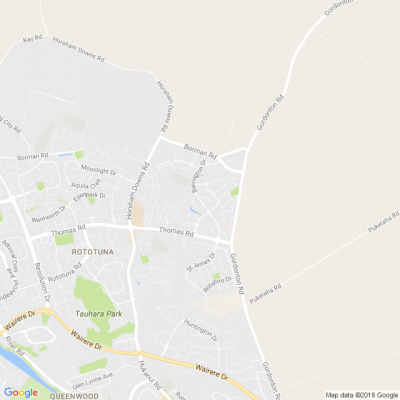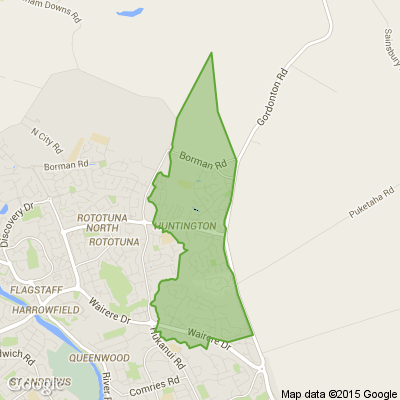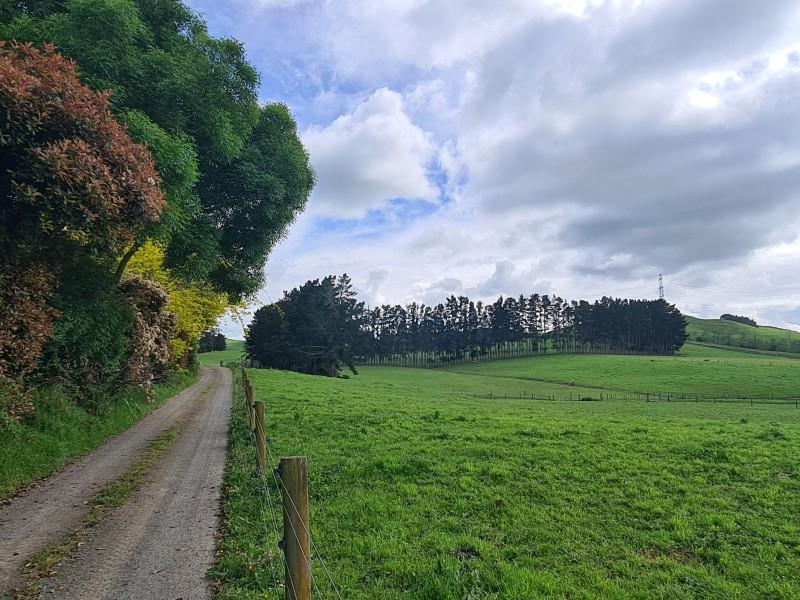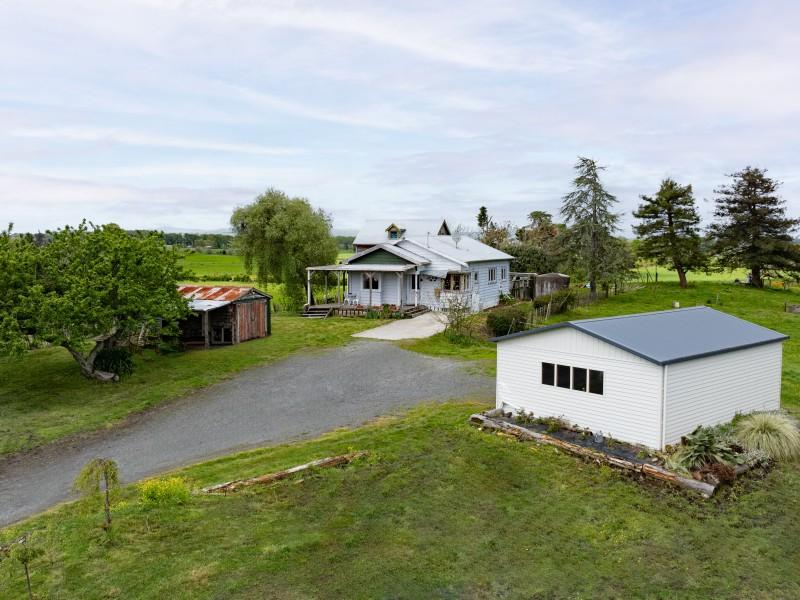Sheep and goat milk
Sheep and goat dairying are emerging industries with significant potential, driven by high consumer demand for environmentally sustainable, high quality alternative milk products.
Internationally there is a large and growing market for sheep and goat milk products, where digestibility of cow’s milk is often an issue, nutritional health is a key consumer driver, and good flavour profile is critical.
The emerging sheep and goat milk industry in New Zealand is well-placed to take advantage of, and build on, our global reputation as a producer of high quality food products.
Goats have been used for milk production for over 9,000 years, but in New Zealand dairy goats are a relatively recent introduction.
Milking goats were often kept on the ships that brought European immigrants to New Zealand in the 1800s, to provide dairy products en route.
The New Zealand Dairy Goat cooperative was formed in 1984, and has been steadily growing. 72 farmers currently own this cooperative, with an annual revenue of over $200 million.
I recently had a tour of Dairy Goat’s Hamilton premises, and was impressed with their commitment to quality, innovation, and desire to expand into more markets. They provide consumers with a world-leading premium baby formula product, uniquely individualised for each international market.
Most dairy goats in New Zealand are Saanen, a breed that originated in Switzerland. They are medium-large, with coat colour white or cream and they have erect ears. The Sable is a coloured variant of the Saanen developed in NZ.
Goat milk is popular because it has the reputation of being more readily digested and less likely to cause allergic reactions than cow’s milk, it’s suitable for a range of dairy products and is particularly good for making cheese.
In November last year, I was honoured to officially open the Waikato-based hybrid pilot farm for Spring Sheep Milk, which will be crucial for trialling a new farming model in New Zealand.
Sheep dairy is a new venture for our country, but I see parallels between the success of the dairy goat industry and the future of sheep milk.
Internationally there is a large and growing market for sheep milk products, particularly in Asia.
Spring Sheep Milk Co. is a unique public-private partnership between the coalition Government’s Landcorp Farming Limited (trading as Pāmu) and the boutique sales and marketing company SLC Group. The partnership combines the best farming know-how and resources, with branding and in-market expertise.
To build an industry, New Zealand needs around 40 commercially viable sheep milking farms by 2030 that are environmentally, economically, and socially sustainable.
Horizon Three is a six year programme through the Primary Growth Partnership that will run from 2016 to 2022. It will receive $12.56 million investment from the Government through MPI and $18.83 million from Spring Sheep Milk Co.
The programme’s aim is to build a high-value and sustainable New Zealand dairy industry, by building a fit-for-purpose New Zealand sheep milk farming system that is replicable by other New Zealand farmers.
The programme’s long term goal is a market-driven, end-to-end value chain for sheep milk worth over $200 million by 2030.
The programme has already achieved a lot in its first two years, from the new product development and market launches, to the farm nutritional trial yielding exceptional results from the New Zealand flock, and the development of the two pilot farms in Cambridge.
A $50 million sheep milk dryer is planned for Hamilton’s Innovation Park, which will service this emerging industry.
The coalition Government’s Provincial Growth Fund is investing $490,000 to scope further development of the sheep and goat milk industry in Southland.
The report will focus on four products which are considered to have high-value potential: liquids, cheese, butter, and protein powders.
Southland sheep milk farmers stand to benefit from the information and insights this project will create, including workshops and market research.
Goat and sheep dairying are both emerging industries, providing exciting potential for our country. I would like to thank all those who have been involved in the investment and development of these enterprises over many years.
Calling All Puzzle Masters! Can You Solve This?
When John was six years old he hammered a nail into his favorite tree to mark his height.
Ten years later at age sixteen, John returned to see how much higher the nail was.
If the tree grew by five centimetres each year, how much higher would the nail be?
Do you think you know the answer to our daily riddle? Don't spoil it for your neighbours! Simply 'Like' this post and we'll post the answer in the comments below at 2pm.
Want to stop seeing riddles in your newsfeed?
Head here and hover on the Following button on the top right of the page (and it will show Unfollow) and then click it. If it is giving you the option to Follow, then you've successfully unfollowed the Riddles page.

What's your favourite recipe for courgettes?
Kia ora neighbours. If you've got a family recipe for courgettes, we'd love to see it and maybe publish it in our magazine. Send your recipe to mailbox@nzgardener.co.nz, and if we use it in the mag, you will receive a free copy of our January 2025 issue.

PM says the ‘war on farming’ is over, at Fieldays’ Mystery Creek
The rural sector will pull the country out of recession, Prime Minister Christopher Luxon told farmers at Mystery Creek on Tuesday.
Luxon’s main message was that farmers are not villains, they are “partners” of the Government and the saviours of the New Zealand economy.









 Loading…
Loading…














